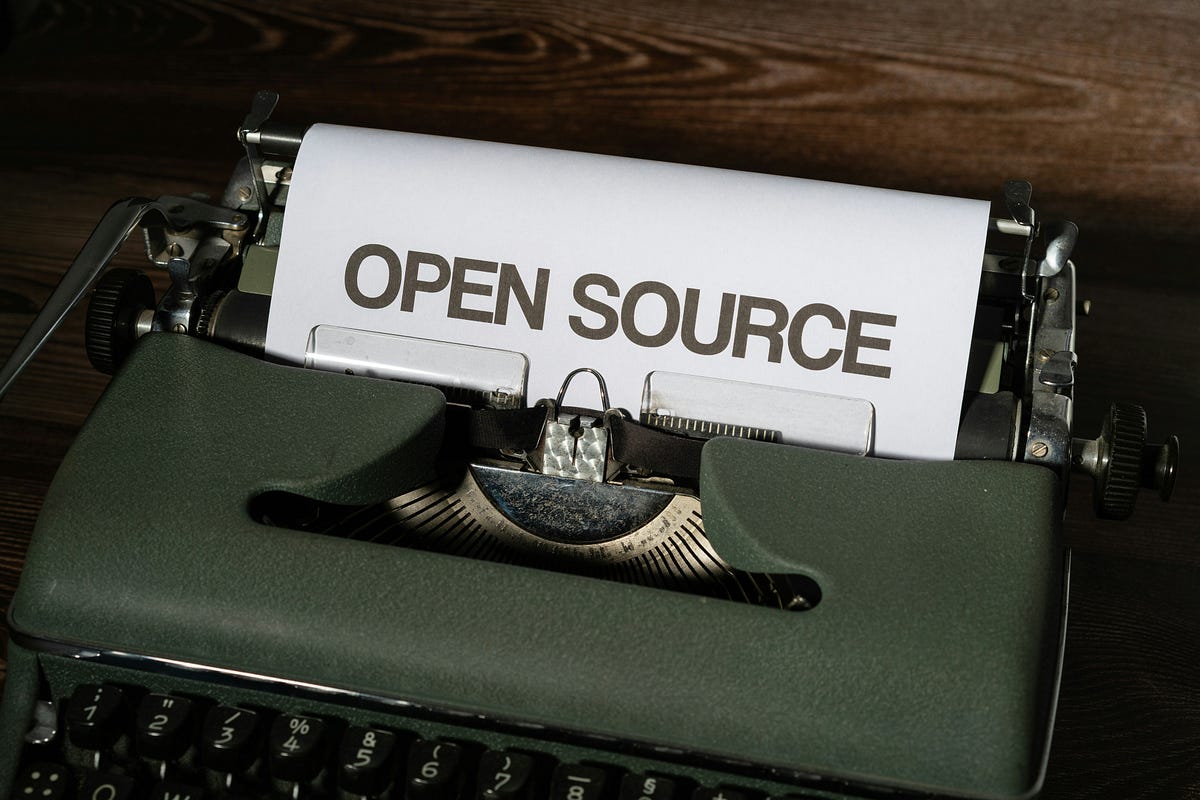Medium
1M
242

Image Credit: Medium
Why open-source is essential for true Private AI
- Open-source models like BLOOM, Falcon, and Meta’s Llama family have shown the potential to compete with proprietary AI in scale and capability.
- Advancements like DeepSeek and Google’s Gemma models using Quantization-Aware Training enhance accessibility and efficiency of AI models.
- Open-source AI communities can innovate and compete with proprietary models, providing architectural guarantees for data privacy and security.
- Fine-tuning open-source models offers enterprises control over their AI, ensuring data privacy and ownership of resulting models.
- Using public APIs for fine-tuning risks data privacy leakage and vendor lock-in, especially for sensitive data in regulated industries.
- Fine-tuning with public AI providers can lead to exposure of proprietary data and lack of ownership of the resulting fine-tuned model.
- Fine-tuning open-source models within your infrastructure preserves data privacy, security, and ownership of artifacts, IP, and the process.
- Open-source models offer flexibility, control, and freedom but require responsible sourcing, evaluation, and governance to avoid bias and risks.
- Trust in the source of open-source models is crucial, and enterprises should vet and approve models from reputable organizations.
- Engaging with upstream communities, contributing code/docs, and participating in open-source development accelerates innovation and builds goodwill.
Read Full Article
14 Likes
For uninterrupted reading, download the app